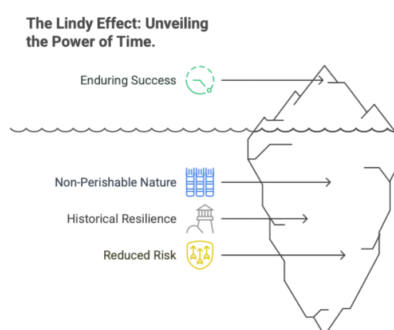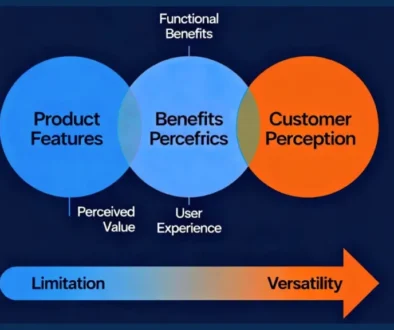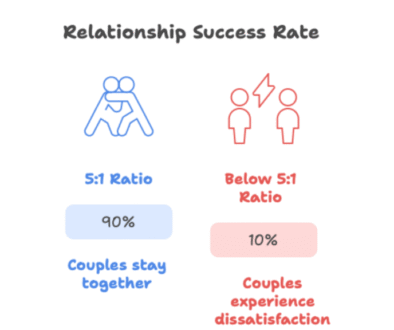Deep Work in the Age of Distraction: How to Master Focus in a Noisy World
Have you ever sat down to work, only to find yourself hours later lost in emails, social media, and endless notifications—with nothing meaningful accomplished? You’re not alone. In today’s hyper-connected world, deep work—the ability to focus without distraction on cognitively demanding tasks—has become a rare and valuable skill.
In this blog, we’ll explore:
✔ What deep work is (and why it’s disappearing)
✔ The neuroscience behind focus and distraction
✔ How to cultivate deep work habits in a noisy world
✔ Real-world benefits for productivity, creativity, and career growth
Let’s reclaim your ability to concentrate in an age of constant interruption.
What Is Deep Work?
Coined by computer science professor Cal Newport in his bestselling book Deep Work, the concept describes:
“Professional activities performed in a state of distraction-free concentration that push your cognitive capabilities to their limit.”
Deep Work vs. Shallow Work
Deep Work | Shallow Work |
Writing code, solving complex problems, creative thinking | Answering emails, attending unnecessary meetings, administrative tasks |
High-value, hard to replicate | Low-value, easily replicated |
Requires uninterrupted focus | Thrives on constant interruption |
The alarming truth? Most knowledge workers spend their days drowning in shallow work while their most important tasks go unfinished.
Why Deep Work Is Disappearing (And Why It Matters)
Three forces are killing our ability to focus:
-
The Rise of Network Tools – Slack, email, and social media fracture attention into smaller, less productive chunks.
-
The Culture of Busyness – Being “always on” is worn as a badge of honor, even though it destroys real productivity.
-
The Attention Economy – Every app is designed to hijack your focus for profit.
The consequences?
-
Declining quality of work (more mistakes, less innovation)
-
Longer hours with less to show (presenteeism vs. actual results)
-
Career stagnation (those who master focus outperform peers)
The Neuroscience of Focus: How Your Brain Works (Against You)
-
The Myth of Multitasking – Your brain doesn’t actually multitask; it rapidly switches tasks, burning energy and reducing performance.
-
The Cost of Context Switching – Every interruption requires ~23 minutes to fully refocus (University of California study).
-
Flow State & Dopamine – Deep work triggers flow, a state of heightened productivity and satisfaction.
The good news? Focus is a muscle—you can train it.
How to Cultivate Deep Work: 4 Proven Strategies
1. Schedule Deep Work Blocks
-
Set fixed, uninterrupted time (e.g., 90-minute morning sessions).
-
Treat these blocks like important meetings—non-negotiable.
2. Eliminate Digital Distractions
-
Turn off notifications (yes, all of them).
-
Use apps like Freedom or Cold Turkey to block distracting sites.
3. Embrace Boredom
-
Train your brain to resist the urge for constant stimulation.
-
Try “productive meditation” (thinking deeply while walking or doing simple tasks).
4. Measure Output, Not Hours
-
Track meaningful progress (e.g., “wrote 1,000 words” vs. “worked 8 hours”).
Real-World Benefits of Deep Work
✅ Career Acceleration – Top performers produce 5-10x more high-quality work than distracted peers.
✅ Faster Skill Mastery – Deliberate practice requires uninterrupted focus.
✅ Reduced Stress – Fewer last-minute rushes from procrastination.
✅ Creative Breakthroughs – Most innovations happen in deep focus, not meetings.
Final Thoughts
In a world designed to distract you, deep work is your superpower. The ability to focus without interruption will set you apart in your career, creativity, and personal growth.
Challenge for you: Block off one 90-minute deep work session tomorrow—no phone, no email, just focused work. See how much more you accomplish.
Have you tried deep work? Share your experiences in the comments!



